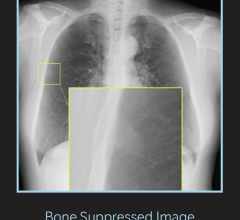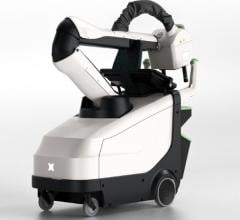
December 3, 2020 — A new hybrid X-ray detector developed by the University of Surrey outperforms commercial devices — and could lead to more accurate cancer therapy.
In a study published by the Advanced Functional Material journal, researchers from Surrey's Advanced Technology Institute (ATI) demonstrate a new hybrid X-ray detector architecture with slightly higher sensitivity for X-rays than typically used for radiotherapy.
The authors also show that their new architecture brings several new benefits, including industry-standard ultra-low dark currents that are the lowest reported for such detectors. The device also has fast response characteristics that compete with commercial X-ray semiconductor detectors based on silicon and selenium.
Prabodhi Nanayakkara, the lead scientist of the study and Ph.D. student at the University of Surrey, said: "Our hybrid detector has shown promising results - chief of which is its ability to be more accurate than current X-ray detectors. We hope that our technology will lead to improved patient survival rates and ultimately to a healthier society."
Professor Ravi Silva, Director of ATI at the University of Surrey, said: "Technologies with unique capability such as this only appear once in a lifetime — with its plethora of applications that range from low dose mammography to high-speed border security to non-destructive testing over large areas using portable wireless technology.
"We are proud of this cutting-edge breakthrough and look forward to further developing the technology via our university spin-out vehicle, SilverRay Ltd."
For more information: www.surrey.ac.uk


 February 04, 2026
February 04, 2026 









